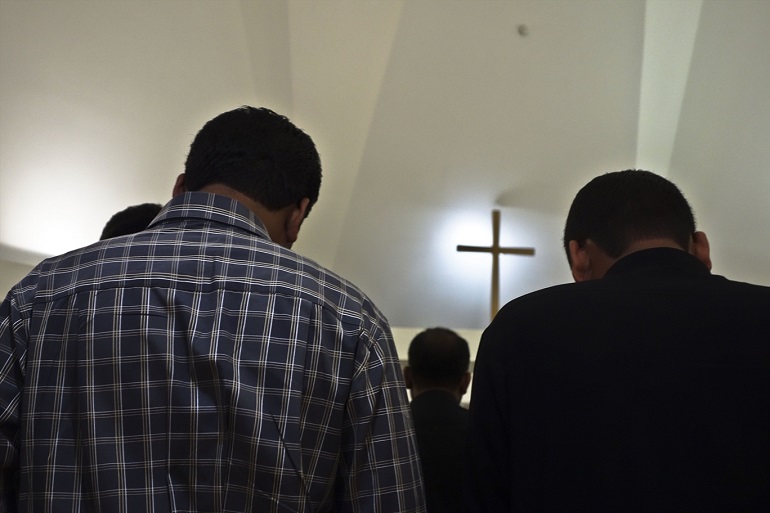
For the first time ever, an Islamic university in Pakistan has opened a Christian chapel.
The church of St. Mary is located in the atrium of the Agriculture University of Faisalabad, Pakistan’s third-most populous city, and was built following an initiative of the city’s former vicar general, reports AsiaNews. The church contributed funds, and the university made more than one square kilometre of land available.
“Christians will come here to pray for the progress and prosperity of the institute and of the country,” said Msgr. Joseph Arshad, archbishop of Islamabad-Rawalpindi and president of the Pakistani Episcopal Conference, during the inauguration.
“This church was built with the aim of ensuring the religious needs of Christian students and university workers,” said Muhammad Zafar Iqbal, the university’s chancellor. “I believe in inter-religious harmony and in the fact that mosques and churches are both sacred places in which to worship God. A university chapel is a living example of Islamic-Christian brotherhood.”
Faisalabad is located in the eastern province of Punjab, where a 17-year-old Christian student was killed by his classmates in September – at a High School in the city of Vehari, 200km south of Faisalabad. Following Sharoon Masih’s killing, the Catholic Bishops’ National Justice and Peace Commission urged the provincial government, and in particular the Education Department, to “seriously look into episodes of intolerance in educational institutions”.
The commission said the incident may have seemed “a trivial quarrel among teenagers, but it was actually caused by intolerance, discrimination and inhuman attitudes towards minorities and marginalised communities”.
Islam and religious freedom
Meanwhile the Washington-based Religious Freedom Institute has launched a new initiative that aims to explore and support “religious freedom from within the traditions of Islam”.
Referring to Pakistan’s blasphemy law, Ismail Royer, a member of the new Islam and Religious Freedom Action Team, told OneNewsNow “this law has been used to foment disorder, anarchy, disrespect for the law [and] vigilante mobs, which is bad for all of Pakistan, not to mention how oppressive it is to the people who are subject to it”.
World Watch Monitor has reported extensively how the blasphemy law in Pakistan is used disproportionately against religious minorities in the country.
Pakistani Christians, for example, make up only 1.5 per cent of the total population, but over a quarter (187) of the 702 blasphemy cases registered between 1990 and 2014 were against Christians.